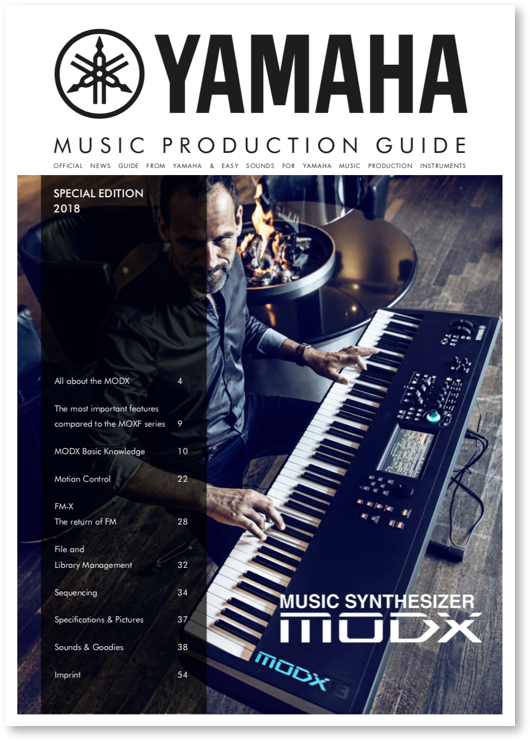

For the producer, trusting this emotional response is a quintessential function. There is an assumption that, if it moves you, it can move other listeners.

#PRODUCTION MUSIC HOW TO#
The producer must know how to identify and obtain the best performances from the individual members of the group. George Martin opined that the producer is the person “who actually puts the frame around everything, presents it to the public, and says ‘This is what it is.’” It’s the producer’s taste that makes it what it is. It must express the artist’s musical and emotional intent, but must also reach a broad audience. This function is both artistic and commercial. This second responsibility revolves around the question of how a producer takes the raw material of an artist’s song and transforms it into a finished recording. Therefore, a music producer’s credo must be “OTOB”: On Time and On Budget. For example, they can act as a hedge against the artist insisting on further overdubbing, or endless remixing, which is (unfortunately) the cause of many records never coming out. In the case of a lower budget, “indie,” or personal project, having an experienced producer oversee completion is a good idea. The process includes manufacturing, marketing, and publicity schedules that will coordinate to launch the record’s release (or “street date”). For a larger commercial recording project for a major label-or a smaller but well-financed label-the completion date is a critical part of a larger schedule. They have demonstrated by their work that they are a professional, capable of making a successful record and submitting the finished product exactly on the contractually-agreed-upon date. In many ways, it is the primary reason a music producer is given the job. Additionally, they guarantee the successful technical and artistic completion of the project. Is someone who plays bass, co-writes songs, and mediates disputes between band members a producer? Yes.Ī music producer holds many roles, but here are the four most vital:įirst, the producer’s responsibility is to schedule a recording session within the appointed budget and then lead the musicians through that schedule in an efficient manner. Is someone who takes calls, coordinates meetings, and gets artists signed to labels a producer? Yes. Is someone who programs a beat a producer? Yes.

Increasingly it can mean a number of vastly different things. The role of a music producer has always been a somewhat nebulous one. STUDY MUSIC PRODUCTION WITH BERKLEE ONLINE What Does a Music Producer Do? "What a music producer does for a living is this: Vibrate air molecules in such a way that when the air molecules bump up against a human life form, that life form feels something." Click To Tweet If you zoom all the way out, what a music producer does for a living is this: Vibrate air molecules in such a way that when the air molecules bump up against a human life form, that life form feels something. What a producer creates is not even an object. Being a music producer is in many ways a strange job. If you’re thinking about getting into music production, here are some basics that you should know:Ī music producer, or record producer, assists an artist with their recording project, bringing their vision to fruition and guiding their sound along the way. It requires well-developed listening skills, a good handle on recording technology, a deep musical knowledge, and effective project management and leadership skills by a music producer, also known as a record producer.
#PRODUCTION MUSIC PROFESSIONAL#
Professional music production is creative and technical. All of the recorded music that you know and love exists because it went through the production process, no matter how well-known or underground a recording may be, and no matter how minimalist or maximalist it sounds. Music production is the process by which music is created, captured, manipulated, and preserved so that it can be distributed and enjoyed.


 0 kommentar(er)
0 kommentar(er)
